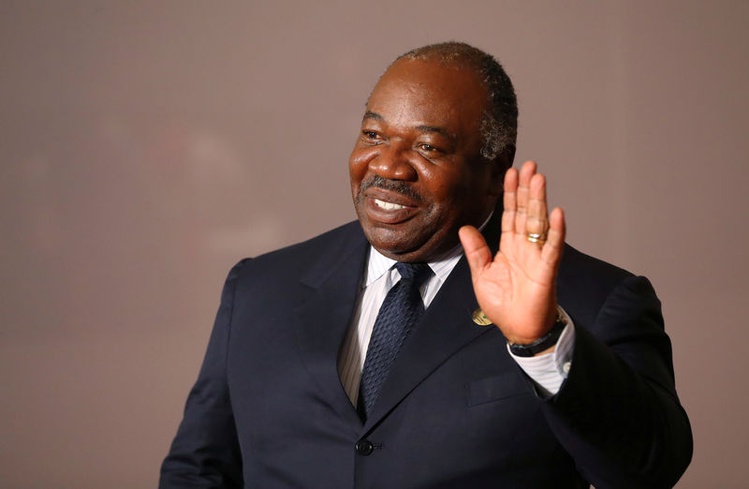×
The Standard e-Paper
Stay Informed, Even Offline

Gabonese President Ali Bongo Ondimba [Courtesy]
Gabon foiled an attempted military coup on Monday, killing two suspected plotters and capturing seven others just hours after they took over state radio in a bid to end 50 years of rule by President Ali Bongo’s family.







